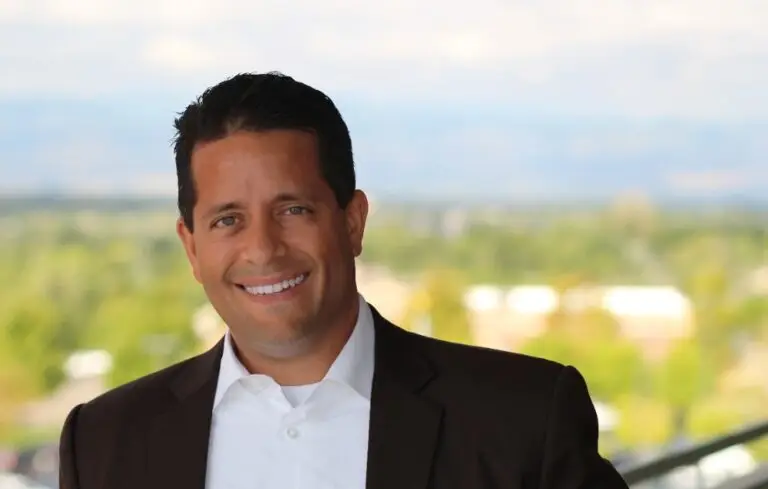It goes without saying that the issues that are keeping CEOs and their leadership teams up today are far different than just a few short months ago. Worries such as talent shortages, politics and cybersecurity have given way to managing a remote workforce, cash flow management and figuring how to position for an uncertain future. These are incredibly difficult times and those in charge continue to be tested in areas where they have not fully developed their leadership skills.
Despite these challenges we have witnessed countless examples of leaders stepping up and embracing the challenge as if it were their calling. Every day we are in constant contact with business leaders across a host of industries and from these interactions we have seen four important leadership skills emerge: positive accountability, foresight, people first and decisive adaptability.
1. Positive accountability. The ability to recognize that people approach work, stress and personal challenges with myriad styles and mindsets is critical for managing in times of crisis. One CEO commented, “I am an introvert and I could work from home with minimal interaction for quite some time, but I realize that others are in a much different place than I am.” This recognition better enables leaders to help their teams and employees focus on running the business in a positive, forward-looking manner. There is no doubt that this is much easier said than done, but the alternative is simply destructive.
To maintain positive accountability, leaders have to demonstrate sincere appreciation for the professional and personal challenges their teams are going through and taking a forward-looking approach to mistakes—for example: “Thanks for all your efforts through an extremely challenging week full of ups and downs. We got through it and I am confident that we will fix our mistakes and embrace new challenges this week.” It is also important for leaders not to avoid tough discussions required to maintain focus on running the business. Again, this should be done in a forward-looking manner—e.g., “Your team seems to be struggling a bit. Is there something we can do to help you guys get refocused?”
2. Foresight. Foresight is not about predicting the future. It is an important capability that helps leaders manage, harness and leverage the constant change around us. It includes being able to sift through large amounts of conflicting information and being astute observers of the environments in which they operate. These are obviously important abilities in normal times, but the need gets heightened in a crisis. Foresight helps leaders anticipate challenges and avoid letting situations fully dictate and overwhelm their organizations. In early March, weeks before the U.S. fully embraced the crisis, the CEO of an East Coast construction company put his company’s business continuity plan into action. He commented, “This looks like it could be very bad. We have to get ourselves prepared so that can keep our people safe and working and serve our customers.”
There are a few important skills that enable leaders to build and maintain foresight. First, leaders must not let their own biases—political, economic, operational, etc.—get in the way. Great leaders have the discipline required to overcome their biases by seeking multiple perspectives and being curious about viewpoints or information that doesn’t sync with their own views. Leaders enhance their foresight greatly by engaging their teams and others to anticipate challenges and think through potential alternatives. They encourage disagreement as this is often the magic behind creative solutions. Finally, when leaders decide on courses of action, they articulate the rationale behind the actions.
People first. In many organizations leaders talk about putting their people first, but their actions don’t necessarily support the words. In normal times this is very unfortunate, but in a crisis it’s potentially disastrous. Left untended, the uncertainty of the moment, coupled with remote working while caring for families and other challenges can lead to unpredictable behavior, decreased productivity and lost loyalty. Leaders have to reinforce that employee’s health and well-being matter and must demonstrate appreciation for their hardships. As indicated above this is not only the right thing to do; it also helps to reassure employees that the organization has their backs. “People first” also means being transparent and honest—e.g., “We are doing everything we can to keep people employed but the longer the crisis goes on the more this commitment is put at risk.” We have seen leaders use multiple channels to make sure every employee is getting the attention that reflects their situations. Weekly CEO webinars, daily team huddles, skip level calls, virtual happy hours, at home logo gear are just a few of vehicles that support a people first value.
Decisive adaptability. The magnitude of this crisis hit most businesses by surprise and the situation continues to change weekly and sometimes even daily. There has been a great deal of conflicting and incomplete information about how to respond, how to operate, and how to transition back to a new normal. Priorities and interests sometimes clash, and anxieties and emotions have been tested.
Handling these types of pressures productively sets the great leaders apart. Rather than engage emotionally, react rashly or over analyze great leaders quickly process available information, make tradeoffs and rapidly determine what matters most. They make decisions with conviction, embrace action and don’t wallow in or punish mistakes. Perhaps most importantly they don’t ever be comfortable; they get ahead of changing circumstances and are ready to adjust course quickly and without remorse.
These are tough times that are testing the resolve and character of CEOs and their leadership teams. Those who are rising to the challenge are doing so by reinforcing accountability in a positive manner, engaging their teams with foresight, putting their people first with their actions and being decisive. It is their companies that, when the dust has settled and the crisis has passed, will still be standing—and stronger than before.







